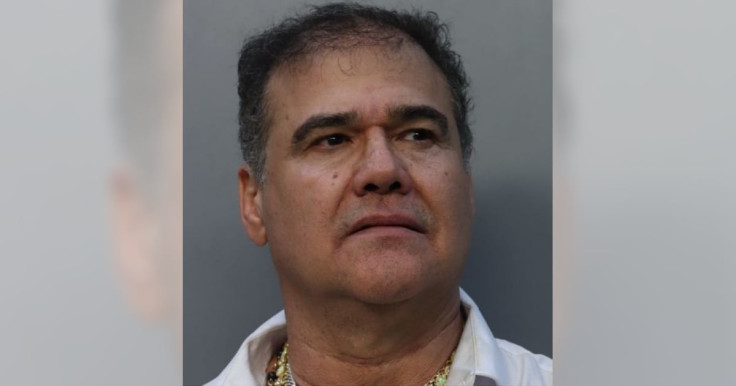
A disturbing incident in downtown Miami has ignited concerns over hate speech and anti‑immigrant rhetoric. Authorities arrested Gonzalo González, a 57‑year‑old man, after he allegedly brandished a gun inside a grocery store and declared that he had been "put on this earth to kill Venezuelans." The suspect, who reportedly threatened law enforcement and Venezuelan nationals on site, now faces charges that could carry severe consequences.
The Arrest and Alleged Statements
The incident took place Saturday morning at Stop & Shop Food & Deli, located at 49 NE Second Avenue in Miami. According to the Miami Police arrest report revealed by Cibercuba, González entered the store requesting a vape (an electronic cigarette). He then reached into a backpack, pulled out a black handgun (reported to be a Glock), and manipulated it in front of employees.
When questioned by officers, González reportedly escalated his language. He is said to have declared that his purpose in life was to kill Venezuelans because, he claimed, they "are attacking and killing Cubans." He also allegedly threatened the arresting officers:
"The officer who put handcuffs on me will die. The officers who participated in my arrest will die and their police vehicles will be engulfed in flames, leaving only ashes."
Employees alerted police again when the suspect began walking around the area, prompting a follow‑up approach that ended in his arrest without further violence.
González appeared in Miami‑Dade County court on Monday, where he was formally charged. He paid a total of $7,500 in bail.

National & Political Backdrop: White House Rhetoric and Venezuelan Tensions
This case comes at a time when anti‑Venezuelan rhetoric has surged into the national spotlight. The Trump administration has embraced hardline policies toward Venezuelans, including invoking the 18th-century Alien Enemies Act to attempt deportations of Venezuelans alleged to be affiliated with gangs such as Tren de Aragua.
A federal appeals court recently struck down parts of this approach, ruling that former President Trump's invocation of wartime authorities lacked legal basis in peacetime. Reuters Venezuelan advocacy groups and immigrant rights organizations have condemned the deportation attempts as discriminatory and ungrounded.
On the military front, the U.S. has conducted naval and airstrikes against suspected drug‑smuggling vessels near Venezuela, citing national security and the fight against narco‑terrorism. This has led to diplomatic tensions and accusations from Venezuelan leaders that the U.S. is waging a covert war.
This climate of aggression and suspicion has amplified the symbolic weight of Gonzalez's statements. Venezuelan and Latino communities in the U.S. see this incident not merely as a local crime, but as part of a broader trend of rhetorical violence backed by institutional power.
Questions of Motivation, Hate Crime, and Legal Process
At present, it is unclear whether prosecutors will pursue hate crime charges under Florida or federal law. To qualify, they would need to prove González acted out of bias against a protected group in this case, Venezuelans (a nationality). If successful, such an enhancement could dramatically increase sentencing exposure.
Investigators will also scrutinize González's background: whether he has a criminal record, mental health history, extremist connections, or prior incidents of racist conduct. Local press suggests (per a Cuban news outlet) that he is of Cuban descent, but this remains unverified by law enforcement.
Adding to the gravity, González's threats against police may result in additional charges beyond brandishing a weapon. These could include intimidation of law enforcement, making terroristic threats, or conspiracy.
© 2025 Latin Times. All rights reserved. Do not reproduce without permission.






